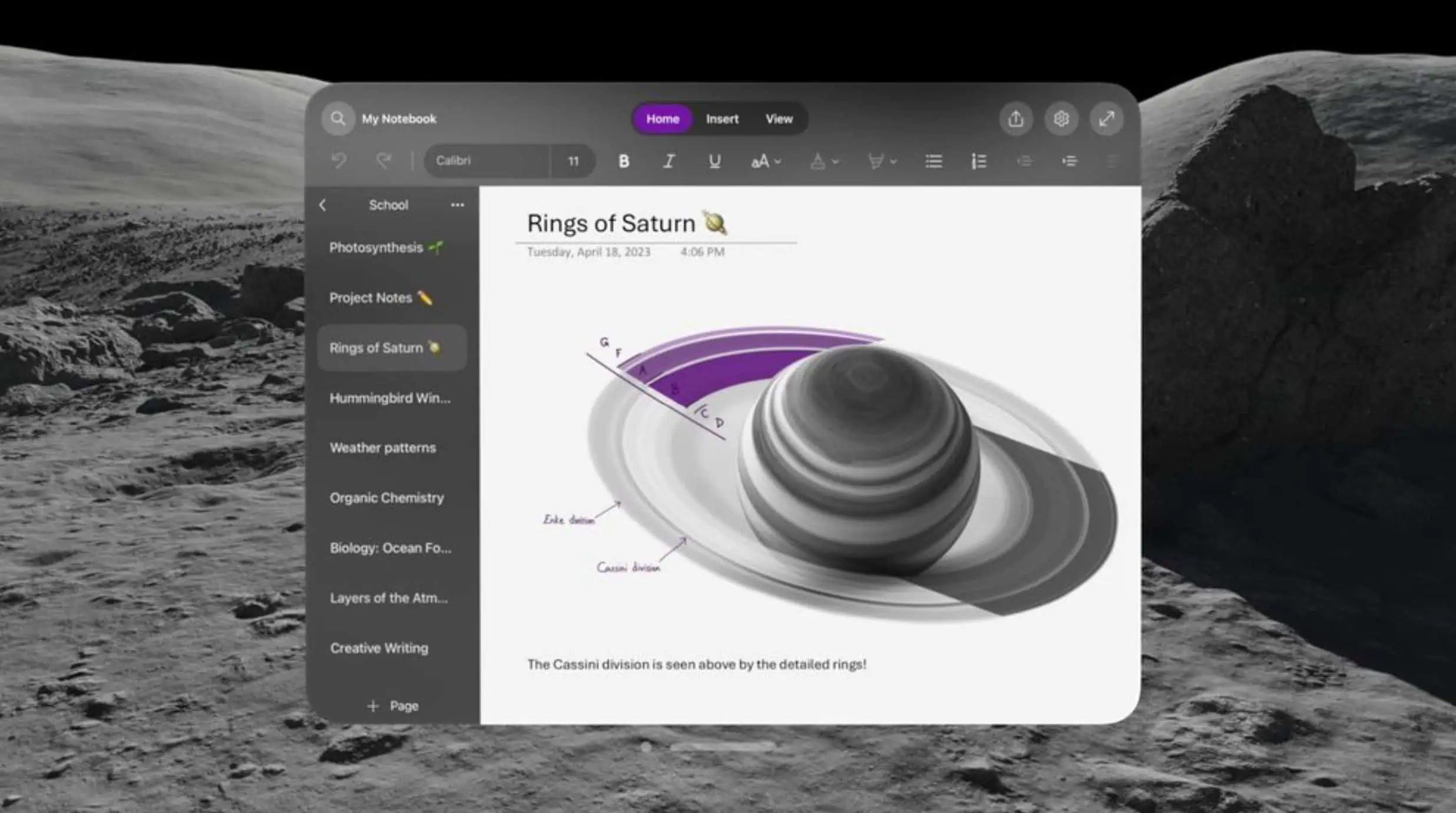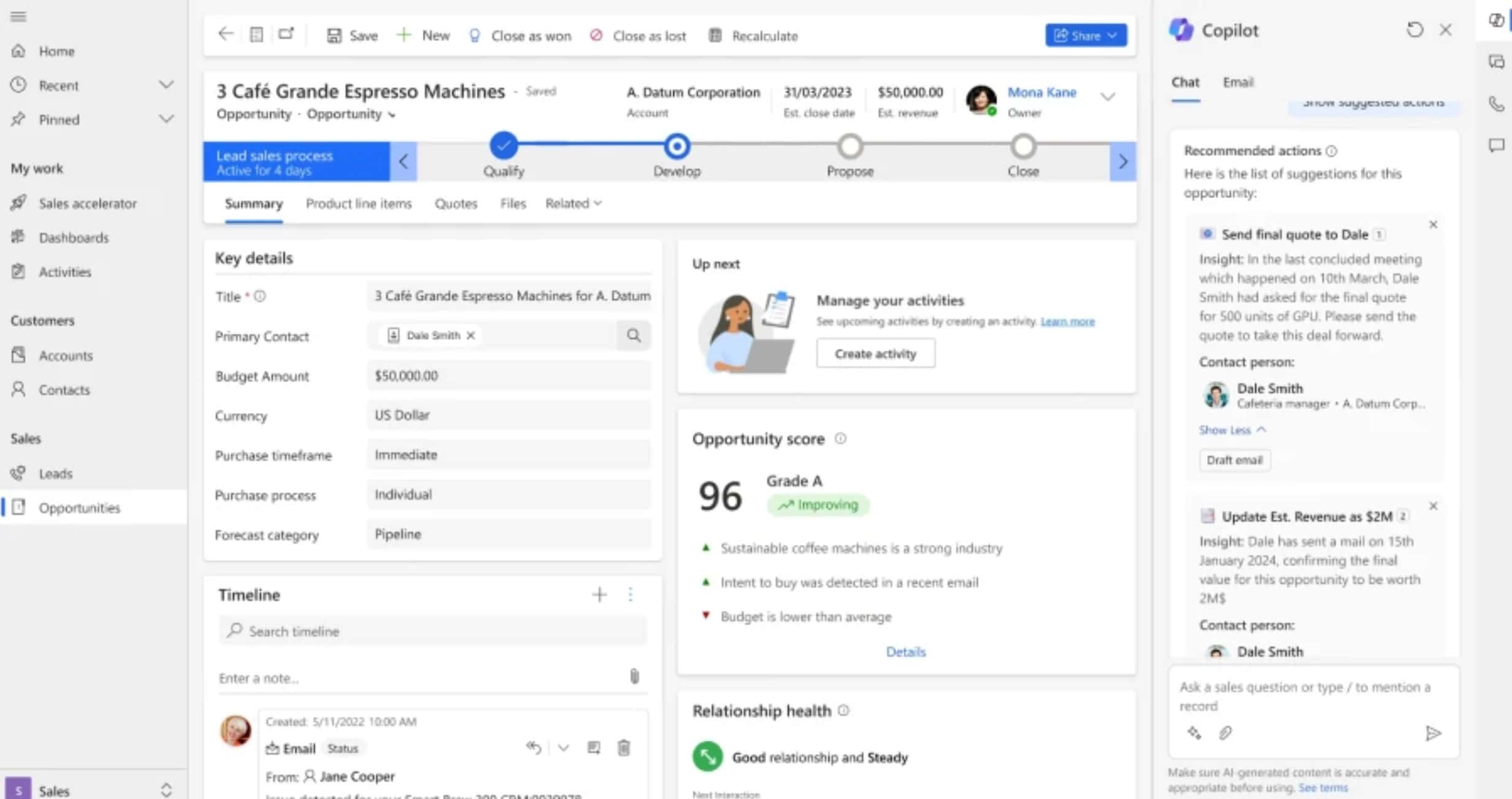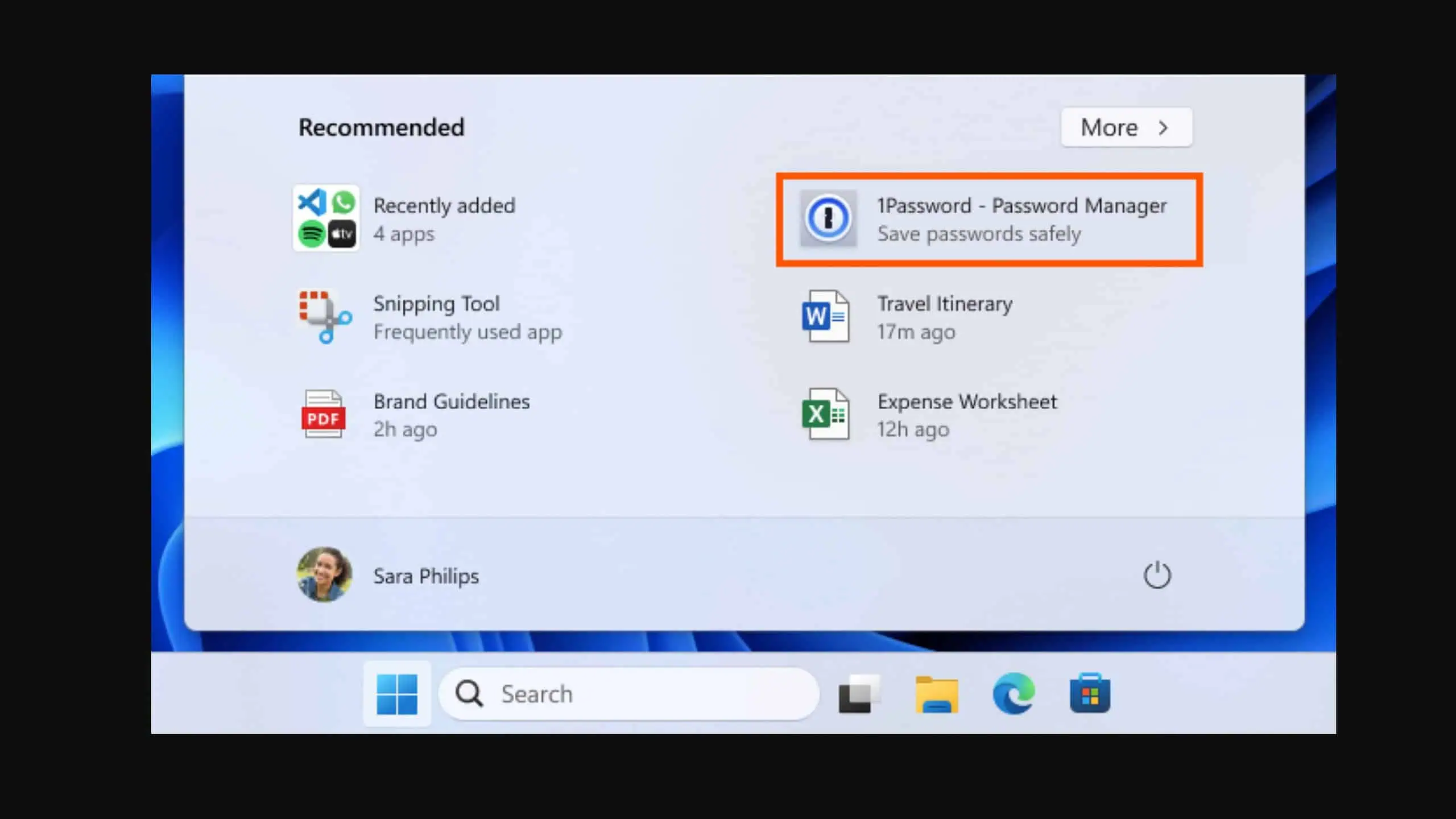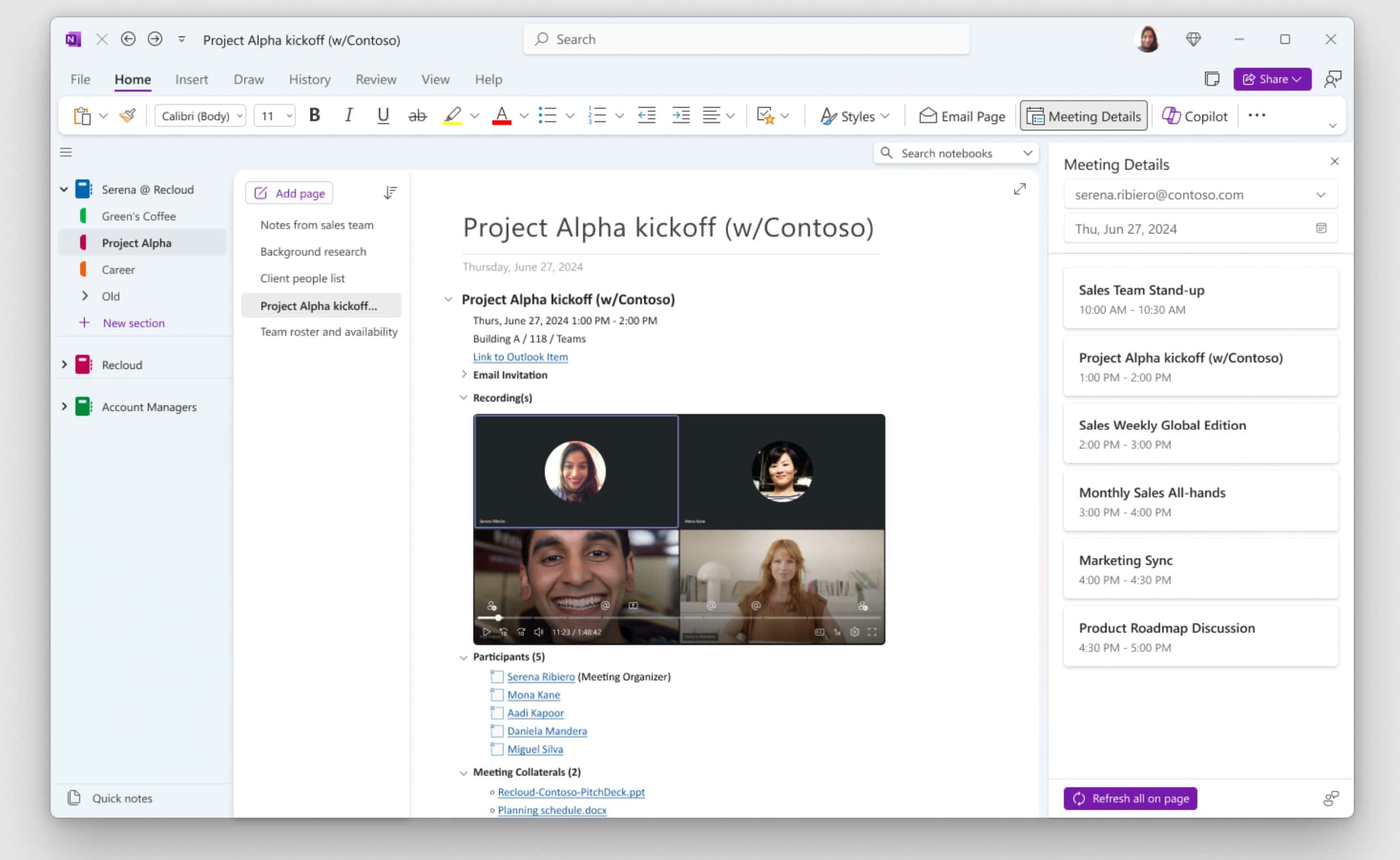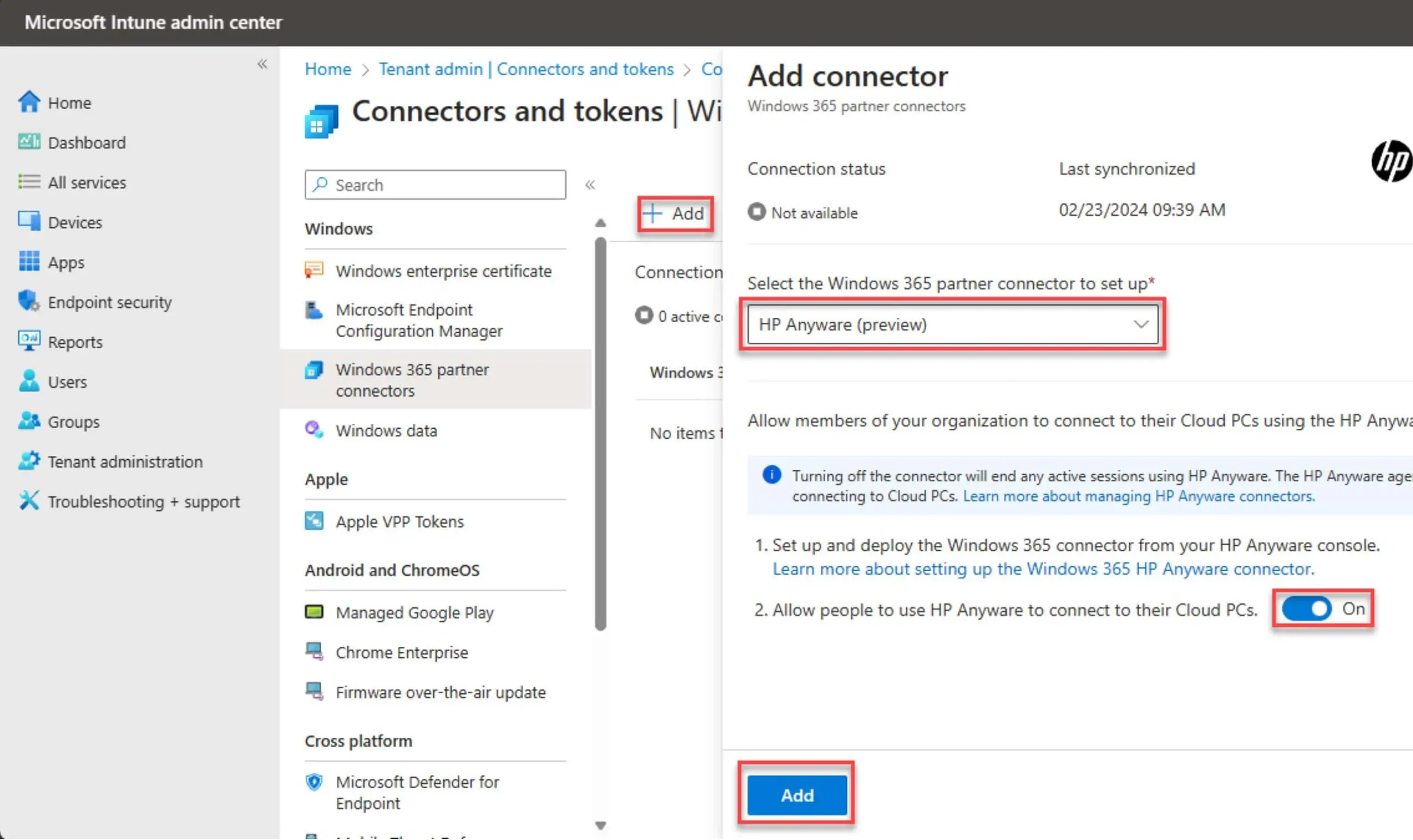Microsoft Planning To Make Bing’s Existing Data Centers Twice As Fast By Using FPGAs Instead Of Traditional Intel Chips
2 min. read
Published on
Read our disclosure page to find out how can you help MSPoweruser sustain the editorial team Read more
Microsoft deploys thousands of servers every year in its data centers to run its growing web services and cloud business. In fact, they recently revealed that have about one million computers in more than 100 data centers spread over 40 countries. Microsoft’s problem is that chips are no longer improving at the same rate they once were. They want to improve the data center efficiency. So far, all of Microsoft’s data centers are powered by traditional Intel CPUs running usual server software. Now, they are planning to replace it with field-programmable arrays, or FPGAs, processors that Microsoft could modify specifically for use with its own software. These FPGAs are already available in the market and Microsoft is sourcing it from a company called Altera.
This whole idea was started by Doug Burger from Microsoft Research, he called it Project Catapult.
In a first for Microsoft, he approved a 1,600-server pilot-system to test out Burger’s ideas, and now, he has given the green light to actually move these FPGAs into Microsoft’s live data centers. This is set to happen early next year. That means that a few months from now, when you do a Bing search, there’s a decent chance that it will be carried out by one of Burger’s servers.
What’s the real advantage of using?
- The FPGAs are 40 times faster than a CPU at processing Bing’s custom algorithms.
- Overall system will be twice as fast as Bing’s existing system.
- Microsoft can decrease the number of servers that they already use in half.
You can read the whole process on how it took off and how it works from Wired.com. The Registers also has a detailed story on this, read it here.




